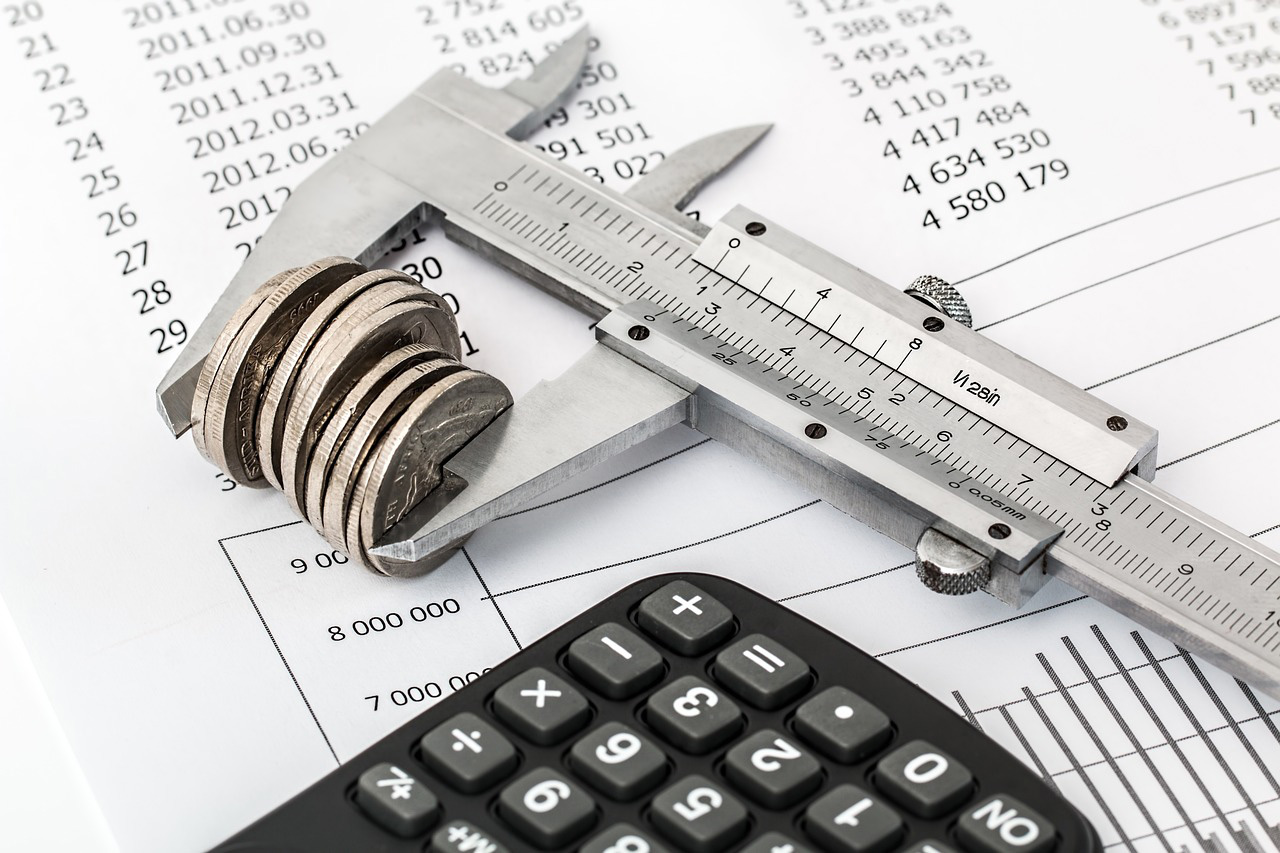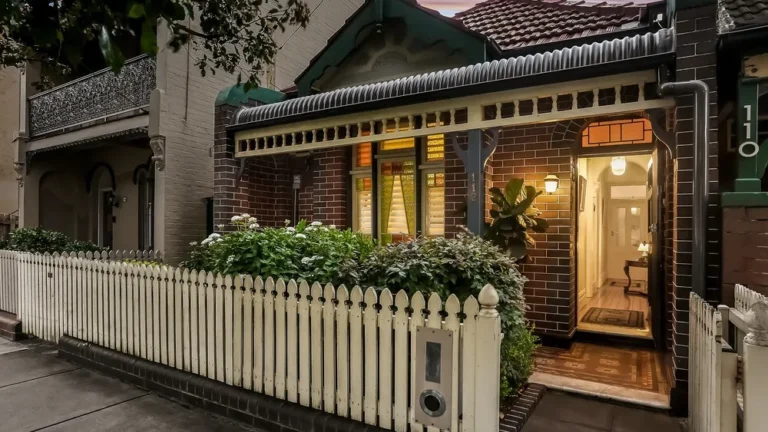Establishing a Budget: A Guide to Managing Your Finances and Saving for a Property
Note: This article is intended to provide general information and should not be considered financial advice. Consult with a professional financial advisor before making any decisions.
Managing your money effectively is crucial for achieving financial stability and reaching your long-term goals. One such goal for many individuals is buying property. Whether you’re looking to purchase your dream home or invest in real estate, having a solid budget in place is essential. In this guide, we will take you through the process of establishing a budget, understanding where your money goes, and saving for a property.
What is a Budget?
A budget is a financial plan that helps you track your income and expenses. It provides a clear overview of your financial situation and allows you to allocate your resources wisely. Creating a budget is not about restricting yourself; instead, it’s a tool to help you achieve your financial goals and lead a well-organised life.
Why Do You Need a Budget?
A budget serves multiple purposes. It helps you:
- Track Your Income and Spending: A budget gives you a clear picture of how much money you earn, how much you should be spending, and where your money is going.
- Identify Overspending and Prioritise Expenses: By analysing your budget, you can identify areas where you may be overspending and make necessary adjustments. It also helps you differentiate between essential (non-discretionary) and lifestyle (discretionary) expenses.
- Achieve Financial Goals: A well-managed budget can help you save more than you spend, leading to a surplus. This surplus can be used to achieve your goals, such as saving for a down payment on a property.
How to Create a Budget in 3 Easy Steps
Creating a budget doesn’t have to be overwhelming. Follow these three steps to establish a budget that works for you:
Step 1: Calculate Your Income
Before you can create a budget, you need to determine how much money you have coming in. Your income can come from various sources, including:
- Regular employment income
- Side income or freelancing
- Government assistance
- Savings and investments
To create an accurate financial picture, make sure to account for every source of income, even if it’s temporary or a small sum.
Step 2: Work Out Your Expenses
To understand where your money goes, review your bank statements, credit card bills, and receipts. Categorize your expenses into different areas, such as:
- Home loan or rent
- Groceries and dining out
- Utilities (gas, electricity, internet, phone bills, water)
- Transportation costs (public transport, petrol, tolls)
- Medical expenses (health insurance, medication)
- Education expenses (school fees, textbooks)
- Pet ownership costs (vet expenses, pet insurance)
- Entertainment (pay TV, music subscriptions)
- Other expenses (gym membership, subscriptions)
Don’t forget to include quarterly or yearly expenses like insurance premiums, car registration, and property rates.
Step 3: Set Up Your Budget
Once you have a clear understanding of your income and expenses, it’s time to set up your budget. Online budgeting tools can simplify this process. Use tools like AMP’s Budget Planner calculator or MoneySmart’s Budget Planner to input your income and expenses, including their frequency (weekly, fortnightly, monthly, or yearly). These tools provide a comprehensive view of your financial situation, breaking down your income and expenses into different timeframes. Alternatively, a simple spreadsheet can help capture all your expenses just as easily.
Once your budget is set up, it’s important to monitor your spending regularly. Digital payment methods and automated payments can help you track your expenses effectively.
Reviewing Your Budget
Your financial situation is not static, and your budget should reflect any changes in your circumstances. Regularly review your budget to ensure it remains accurate and up-to-date. Life events such as getting a new job, getting married, having a baby, or buying a property will require adjustments to your budget.
Saving for a Property
Buying a property is a significant financial goal for many individuals. Saving for a deposit can be a challenging but rewarding process. Here are some tips to help you save for your dream property:
- Set a Savings Target: Determine how much you need for a deposit and set a savings target. Aim to save at least 20% of the property’s value to avoid additional costs like lender’s mortgage insurance.
- Create a Separate Savings Account: Open a separate savings account specifically for your property deposit. This will help you track your progress and avoid dipping into the funds for other purposes.
- Cut Back on Expenses: Review your budget and identify areas where you can cut back on expenses. Minimise discretionary spending and focus on essentials.
- Increase Your Income: Look for opportunities to increase your income. Consider taking on a side job, freelancing, or investing in income-generating assets.
- Automate Savings: Set up automatic transfers from your regular income to your property deposit savings account. This ensures consistent savings without the temptation to spend the money elsewhere.
- Explore Government Assistance: Research government schemes or grants that support first-time homebuyers. These programs can provide financial assistance or tax benefits.
- Consult a Professional: Consider seeking advice from a buyer’s agency or a financial advisor specialising in property purchases. They can help you navigate the process, negotiate prices, and ensure you make informed decisions.
Remember, saving for a property requires patience and discipline. Stay focused on your goal and celebrate small milestones along the way.
Conclusion
Establishing a budget is a crucial step in managing your finances and achieving your long-term goals, such as buying property. By tracking your income and expenses, prioritising your spending, and saving diligently, you can build a solid foundation for your financial future. Remember to review your budget regularly and adjust as needed. With careful planning and commitment, your dream of owning property can become a reality.
Additional Information: House Hunters Australia are a Buyer’s Agency helping people buy property well, at the right price, and look after you throughout the whole process.







